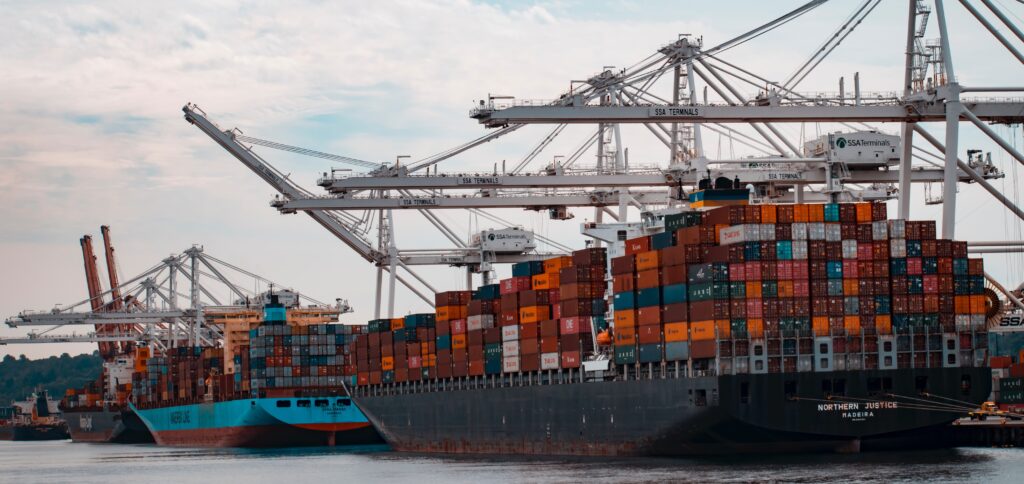The text, which AFP had access to this Friday (7), foresees the reduction of emissions of polluting substances by at least 20% compared to 2008, with a target of 30% by 2030 and at least 70%, aspiring to 80%, by 2040″.
ADVERTISING
The agreement should be promulgated this Friday, at the end of a week of negotiations by the Marine Environment Protection Committee (MEPC) in London, headquarters of the IMO, with the participation of representatives from more than 100 countries.
Several NGOs consider that this commitment is not sufficient, compared to the objectives established by several countries before the meeting, and is not enough to put the sector on the path to reducing CO2 emissions within the scope of the Paris Agreement.
Five years ago, the IMO asked transport companies to reduce CO2 emissions by 50% by 2050, compared to 2008 levels.
ADVERTISING
The European Union demanded in this week's negotiations the target of zero emissions by 2050, with two intermediate steps: a reduction of 29% by 2030 and 83% by 2040.
The Pacific islands, highly threatened by global warming, wanted more ambitious goals and had the support of the United States and Canada: -96% by 2040.
Environmental organizations demand a 50% reduction by 2030 and carbon neutrality by 2040.
ADVERTISING
Other major exporters, however, such as China, Brazil and Argentina, put the brakes on the objectives, claiming that excessively severe limits would benefit rich countries, to the detriment of developing countries.
The governments of these countries were against, among other measures, a carbon tax project, supported by French President Emmanuel Macron and large companies in the sector, such as Maersk.
The possible fee now appears only in the draft text of the agreement as a series of possible measures proposed to reduce freight emissions.
ADVERTISING
“The level of ambition in the agreement is much lower than what is necessary to keep global warming below 1,5ºC. And the wording of the text is imprecise and non-binding”, criticizes the NGO Clean Shipping Coalition.
The vast majority of the sector's 100.000 ships, which transport 90% of the world's goods, use heavy fuel. The sector is responsible for almost 3% of global CO2 emissions, according to the UN.
Receive news and newsletters do Curto News by Telegram e WhatsApp.
ADVERTISING





